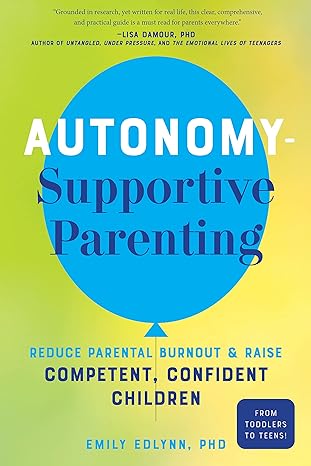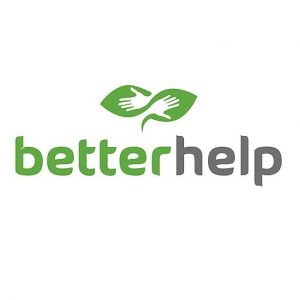color: #ea404d;
text-decoration: none;
}
.redcircle-link:hover {
color: #ea404d;
}
.redcircle-link:active {
color: #ea404d;
}
.redcircle-link:visited {
color: #ea404d;
}
Powered by RedCircle
Have you heard of autonomy-supportive parenting?
Essentially, it’s the opposite of helicopter parenting. It’s a parenting style that allows, supports, and encourages kids to make decisions and take action. And unlike helicopter parenting, which demands near-constant parental activity, autonomy-supportive parenting also supports parental rest (and can reduce burnout).
“Intensive parenting is not good for our kids. They need the freedom to explore and experiment, and this is where stepping back and sitting on the couch to read a magazine, instead of playing Legos with your child, is okay,” says says Emily Edlynn, a child psychologist & mom of three who is also the author Autonomy-Supportive Parenting: Reduce Parental Burnout and Raise Competent, Confident Children.
Self-Determination Theory is the Foundation for Autonomy-Supportive Parenting
According to self-determination theory, all humans have 3 fundamental needs:
- Autonomy, or the ability to make decisions for one’s self
- Competence
- Relatedness
When those needs are met, we feel good about life. And about ourselves. Autonomy-supportive parenting focuses on nurturing those 3 fundamental needs in our children, Emily says. At times, to observers, it may look like autonomy-supportive parents are ignoring their child’s needs. They’re not; they’re observing and giving their children an opportunity to test and develop their skills. To develop competence and confidence, children need room to fail, get upset, process their emotions, and try possible solutions.
Autonomy-Supportive Parenting in Action.
“This is a flexible framework, not a prescription,” Emily says. Parents can and should tweak their approach according to the unique needs and personality of the family and its individual members.
Contrary to what some think, autonomy-supportive parenting does not require parents to tolerate disrespect or rude behavior. It’s not about allowing children full freedom to make all decisions. In fact, parents can (& should) set & enforce family guidelines based upon family values.
“We love and accept our children for who they are; we do not have to accept all their behaviors,” Emily says. “it’s not useful to them.”
Don’t take your child’s words or behavior personally.
“Kids are going to do things we don’t like. That’s part of growing up,” Emily says.
In this episode, Jen, Janet, & Emily discuss:
- What is autonomy-supportive parenting?
- The link between control, competence, & confidence
- Autonomy & interdependence
- “Lazy parenting”
- An autonomy-supportive approach to screen time, gaming, & social media
- Setting boundaries for respectful communication
- What to do when your child says “I hate you”
- School struggles
- Believing your son’s value beyond academics
- How cultural expectations affect parenting
Links we mentioned (or should have) in this episode:
Autonomy-Supportive Parenting: Reduce Parental Burnout and Raise Competent, Confident Children, by Emily Edlynn
www.emilyedlynnphd.com — Emily’s website
The Art & Science of Mom — Emil’s Substack
Building Boys: Raising Great Guys in a World That Misunderstands Males — Jen’s book
Gemma Gaudette Talks About Raising Boys — ON BOYS episode
Positive Parenting Solutions with Amy McReady — ON BOYS episode
letgrow.org – organization founded by Lenore Skenazy (of Free Range Kids fame) that’s “leading the movement for child independence”
Psychologists Off the Clock — Emily’s podcast
Sponsor Spotlight: Better Help
Therapy to help you live a more empowered life. Go to BetterHelp.com/onboys to save 10%
Sponsor Spotlight: Factor
Use code ONBOYS50 for 50% off
Sponsor Spotlight: Baby Quip
Use code ONBOYS for $20 off your reservation of $100 or more.



